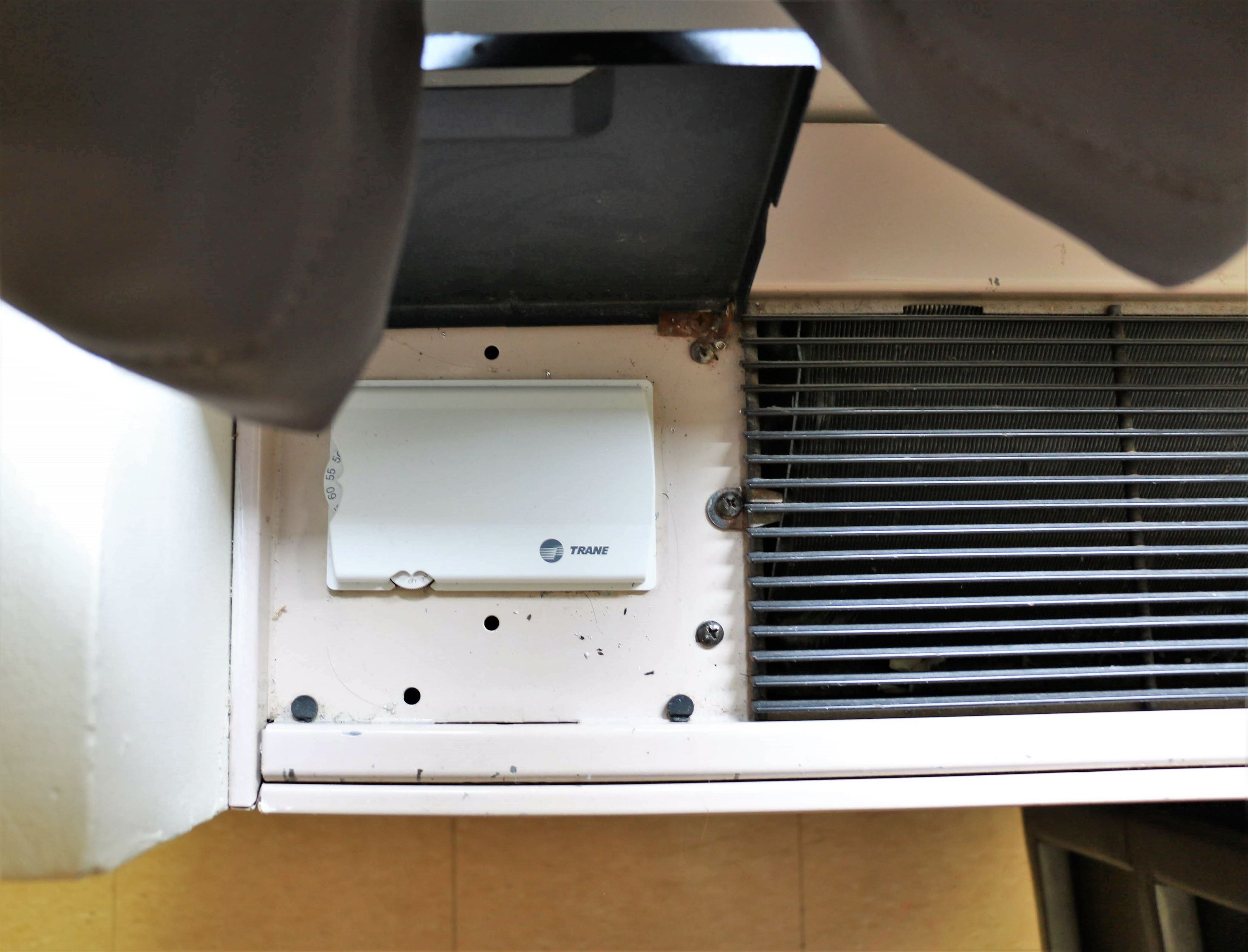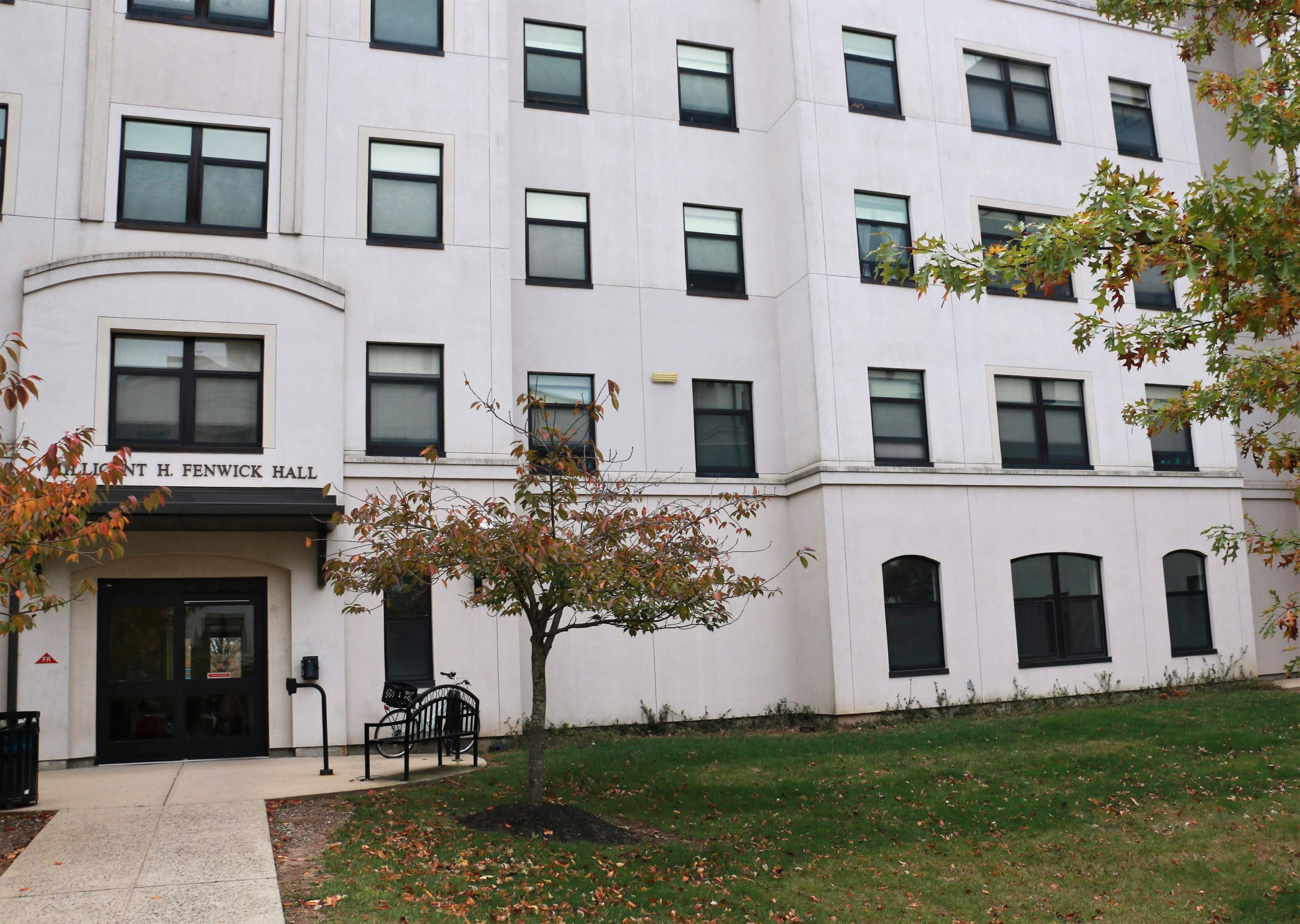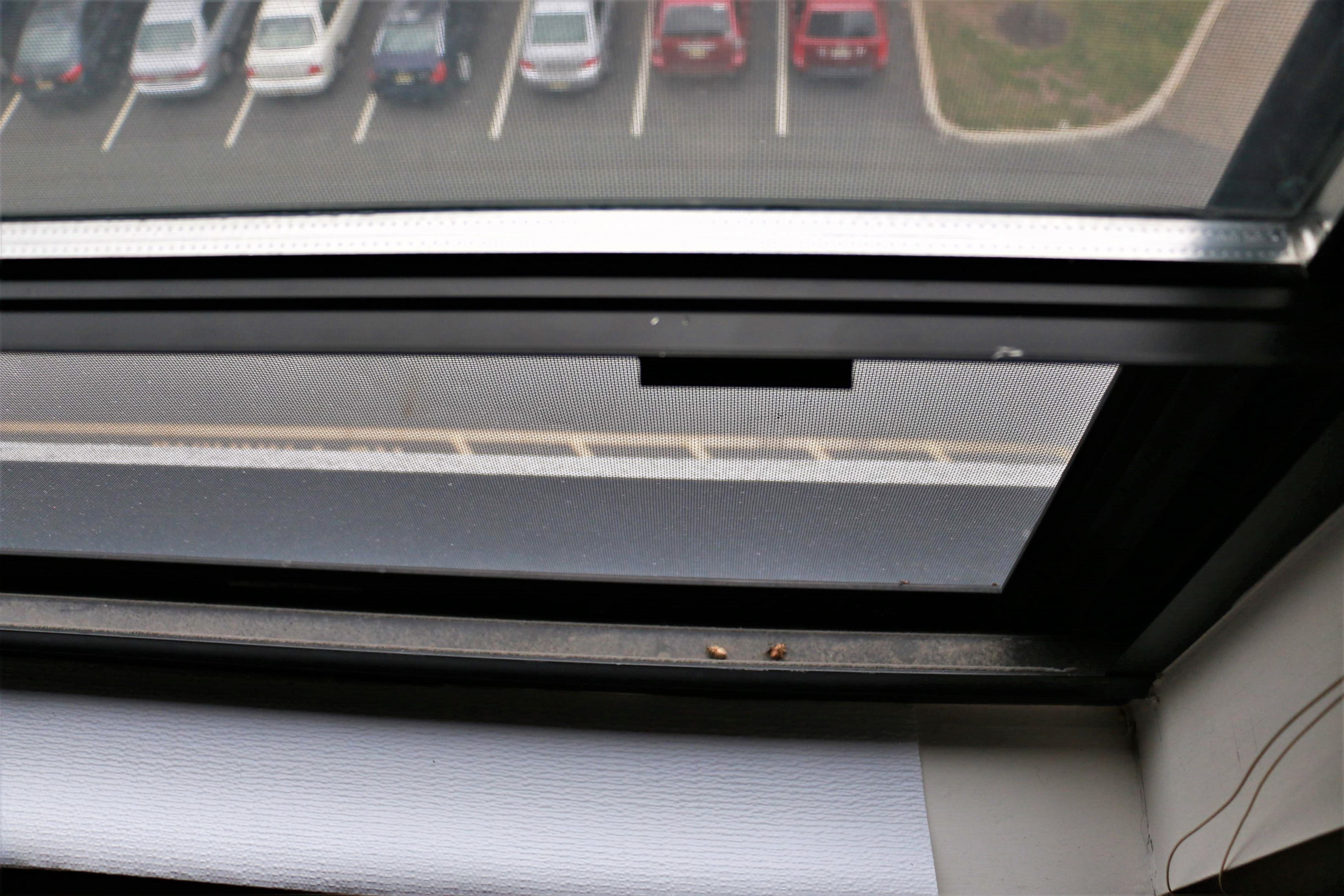On the afternoon of Nov. 1, residents of The Village were sent a blast email confirming that “the university switched over to heat on Oct. 15,” and, “will stay in heat mode until some time in the spring semester.”
This change came without warning and has caused students to experience uncomfortably hot temperatures in their dorm rooms without the ability to turn on cold air. The miscommunication has caused students to believe that the HVAC units in their rooms are malfunctioning.
In the same email, Community Director Rebecca Stringham explains that, “the Reslife Office and the Facilities Office continue to receive requests in regards to the temperature in the residence halls.” Stringham emphasized that there is no way to provide A/C to individual units.
Residents of The Village are paying $6,027 dollars per semester for singles, and $5,325 for doubles. As the second-highest rate on campus, students are frustrated and question why this information was not disclosed earlier.
On Montclair State University’s website, The Village lists, “independently controlled air-conditioning and heat in every room,” under apartment features, but neglects to include fine print about the building’s limitations.
The Montclarion reached out to Stringham and she has no further comment at this time.
Since Oct. 15, temperatures have ranged from lows of 35 degrees to highs of 73 degrees in Montclair, NJ according to The Weather Channel. The fluctuation has posed issues for students that are now unable to adjust their temperature.
Although bedroom HVAC units provide the option to turn off the heating and cooling process entirely, apartment entryways and hallways have vents that continuously funnel hot air into living spaces without giving residents any control, and the hot air eventually reaches private spaces as well.
Senior public health major Mady Agin resides in Basie Hall, and expressed concerns about the health implications of living in extreme temperatures.
“They don’t take in consideration people’s health needs,” Agin said. “There’s no medium, it’s always really hot or really cold.”
Due to this experience, Agin has chosen to spend her own money on alternative options to make her space more comfortable.
“There need to be better mechanics in place so that students can control the temperature in their rooms, especially when the weather is inconsistent,” Agin said. “I had to buy a box fan for my room in November.”

Heather Nikiperowicz’s HVAC unit was broken when she first moved in, but has since been repaired.
The Montclarion | Olivia Kearns
Heather Nikiperowicz, a senior family science and human development major is a resident of Fenwick Hall and has struggled with the temperature of her dorm room since she moved in.
Nikiperowicz explained that when she first arrived, the vents in her room were not functional and her window was broken. Facilities were able to fix the HVAC unit, but her window was never fully repaired.
Since the workaround, Nikiperowicz is now forced to contact maintenance if she wants to adjust her window. She has chosen to leave it open to combat the discomfort of high heating temperatures but has concerns about when the weather changes.
“For $12,000 [per year] you think I would have access to working utilities, but I can’t even choose when I can open or close my window,” Nikiperowicz said.
For students that can open their window, they present an opportunity for outdoor elements, like precipitation, allergens and pests, to enter their space.

Residents of Fenwick Hall combat the heat by leaving their windows open.
The Montclarion | Olivia Kearns
Marissa Spirito is a junior double-majoring in philosophy and business analytics and resides in Fenwick Hall. She shared that while she prefers the warm temperatures in her apartment, her roommates have struggled to acclimate.
“I love being toasty,” Spirito said. “I thrive in the heat, but my roommates hate it. My roommate gets bloody noses at night.”
According to Harvard Medical School, nosebleeds are more common during the winter, “because the heated indoor air may dry out your nasal passages and make the tiny blood vessels inside them more fragile.” They can also be caused by allergies, a possibility for students that opt to open their window for relief from the heat.
Dylan Caruthers, a senior communication and media arts major who lives in Basie Hall, has also experienced erratic temperatures in his dorm room due to broken HVAC units.
“My unit is actually broken and just makes screaming noises and sounds like R2-D2, but I feel too bad to say anything about it,” Caruthers said. “When it does work, it is hot; sauna-like.”
For students that believe their HVAC units need repair, they can contact University Facilities or The Village – Residence Life office.



